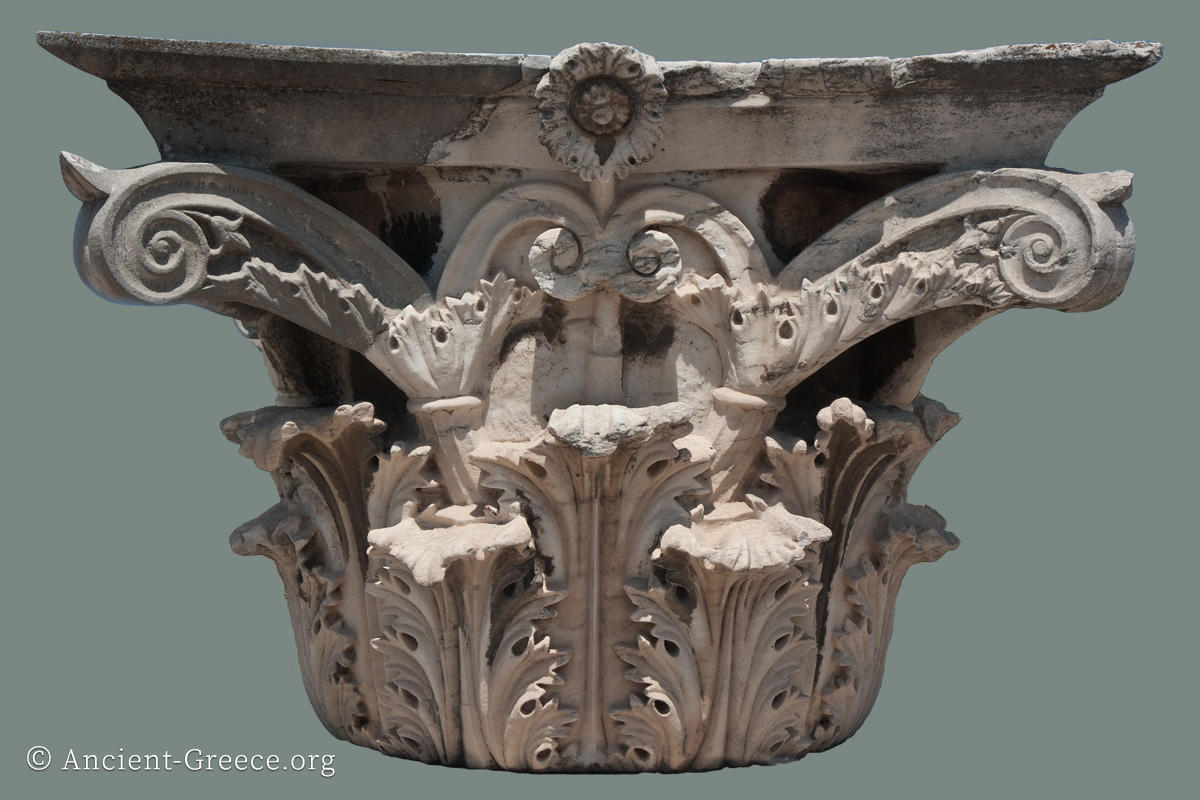
Hebe was the personification of eternal youth under its most attractive and joyous aspect.
She was the daughter of Zeus and Hera, and though of such distinguished rank, is nevertheless represented as cup-bearer to the gods; a forcible exemplification of the old patriarchal custom, in accordance with which the daughters of the house, even when of the highest lineage, personally assisted in serving the guests.
Hebe is represented as a comely, modest maiden, small, of a beautifully rounded contour, with nut-brown tresses and sparkling eyes. She is often depicted pouring out nectar from an upraised vessel, or bearing in her hand a shallow dish, supposed to contain ambrosia, the ever youth-renewing food of the immortals. In consequence of an act of awkwardness, which caused her to slip while serving the gods, Hebe was deprived of her office, which was henceforth delegated to Ganymedes, son of Tros.
Hebe afterwards became the bride of Heracles, when, after his apotheosis, he was received among the immortals.
JUVENTAS
Juventas was the Roman divinity identified with Hebe, whose attributes, however, were regarded by the Romans as applying more particularly to the imperishable vigour and immortal glory of the state. In Rome, several temples were erected in honour of this goddess.
From: Berens, E.M. The Myths and Legends of Ancient Greece and Rome. New York: Maynard, Merril, & Co., 1880. Text in the public domain.

